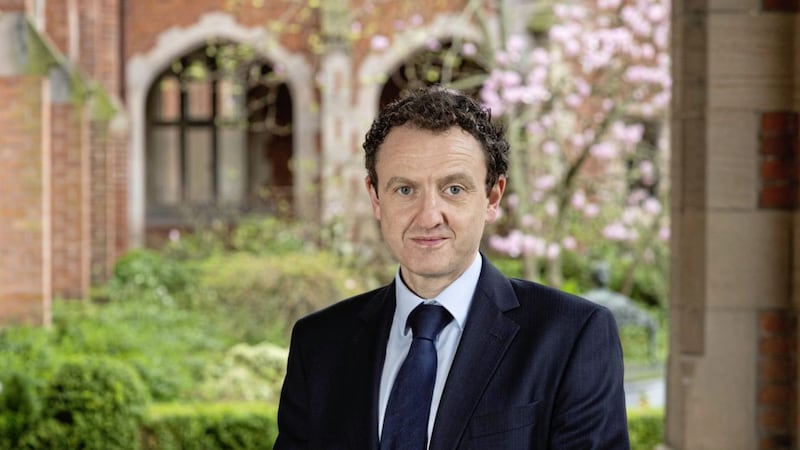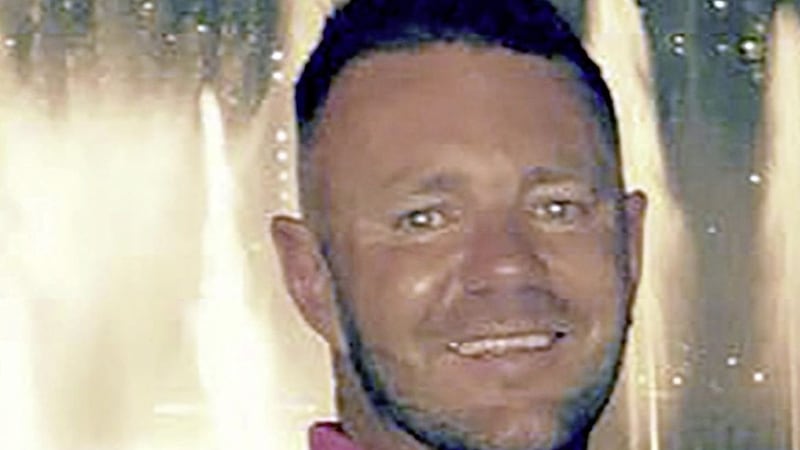Establishing the state of the constitutional conversation about a united Ireland presents difficulties. The subject appears to be everywhere, yet some suggest it is not really happening.
The levels of interest are hardly surprising in light of Brexit and the political climate since. Northern Ireland has an EU re-entry option, and it would be odd if it was not being pondered. Speculation continues, with differing views and expectations over process and substance, and even on whether preferences should be expressed at all. Where might things go next?
First, there is a risk that much is missed in many assessments. Because of well-known antipathy, the recent discussions have evolved from the relative margins, and in distinctive forms and formats. Civic conversations have been happening, often in defiance of formulaic labels. Podcasts, virtual events, social media and varieties of output proliferate. The light-touch curation can take this type of dialogue in the public sphere to odd places, leading to ongoing reflection on the role of ‘expert knowledge’.
The more pressing matter, however, is to record and acknowledge what has been achieved on the various sides of the argument and ensure this democratic and civic engagement is not lost to history. It is plain that serious work, inspired by the belief that this island is heading towards referendums, has been completed and is in progress. Is there sufficient awareness? How might this be mapped and co-ordinated effectively?
Second, the increasingly supportive environment means that more is being considered. Evidence is there in funding initiatives, research projects, and a wider willingness to engage. This will ensure that ‘shared island’ conversations are better informed. What is notable is the role of universities and associated research institutes. It is hard to read that as coincidental. Pushing policy development in this direction has merit and is understandable, especially for those seeking progress on hard questions informed by expert interventions. The available knowledge across disciplines is invaluable and efforts can often continue in these settings quietly and undramatically. But this approach also brings difficulties. There are risks, particularly for those concerned about open, transparent and inclusive participatory processes.
Should a civic forum provide the space for evidence to be presented or will expert working groups preside? Recommendations, for example, on all-island citizens’ assemblies and an Oireachtas Committee resonate as attempts to shape more deliberative approaches. Whatever happens next an appropriate blend will need to be found. Assumptions are being made - including about universities - that must be teased out. The ultimate result will be detailed proposals for reunification but how these are arrived at is significant.
Third, the primary focus in any campaign will be on the opposing ‘meta’ positions and therefore on the permissible options (according to the Good Friday Agreement): union or unity. Equal attention should be directed towards the internal tensions. This is where the most skilful management may be required and where the more intriguing debates will happen.
Irish history speaks to the problematic potential of such conversations. It is already apparent that many enter this constitutional territory because of its transformative aspects. They will face the scepticism of the contented classes who will lean towards relative continuity. The lessons are there on the forces that prevail on this island in such societal change contests. Therefore, it is wise to watch the guardians of the feasible and draw these debates into the public sphere.
Who will be policing the parameters? What does, for example, the ‘new’ in New Ireland mean for human rights, equality and social justice? The present framing will shape responses, and the implications of existing obligations are often neglected. Significant change can be a difficult sell anywhere. What might be attractive in one jurisdiction on this island, may prove less so in the other. How these questions are resolved will be a key feature to observe closely, as future generations will inhabit the practical outcomes.
There is much more that could be said. These three points are intended to invite further dialogue. There is a need to celebrate the diverse scale of completed work, to consider the debate around where planning for a united Ireland should happen, and to reflect on the state of the conversation within constitutional positions. In particular, it is worth drawing out the conceptual frameworks underpinning different views.
That is because so much of the debate on this island is proceeding in the commendable spirit of careful planning, an approach shaped by the depressing experience of the Brexit process in the UK. Getting it right on this island will also have a significant impact on conversations across these islands.
Colin Harvey is Professor of Human Rights Law in the School of Law, Queen’s University Belfast, a Fellow of the Senator George J Mitchell Institute for Global Peace, Security and Justice, and an Associate Fellow of the Institute of Irish Studies


